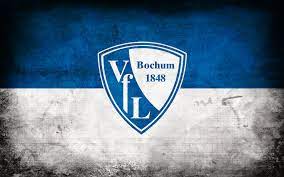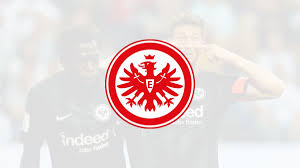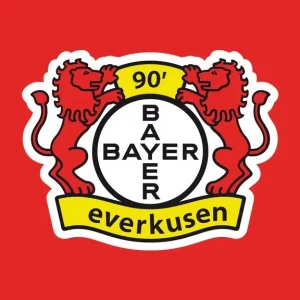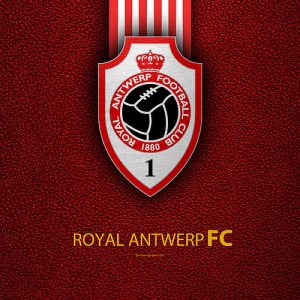The Inter Football Club, formally known as FC Internazionale Milano, is a prominent Italian football club based in Milan. Established in 1908, the club has carved an indelible mark in the annals of football history through its rich tradition, incredible achievements, and passionate fan base. Throughout the years, Inter has become synonymous with intense rivalries, legendary players, and unforgettable performances both domestically and in European competitions. This blog nhà cái rr88 post will delve into the multifaceted history of the Inter Football Club, tracing its remarkable journey from inception to its current standing as one of Europe’s elite clubs.
The Formation and Early Years
The story of the Inter Football Club begins in the early 20th century against the backdrop of a thriving football culture in Italy. The club’s founding was not merely a result of sporting ambitions; it was also steeped in social and cultural factors that defined the era.
The Birth of Inter
In 1908, a group of Italian football enthusiasts, disillusioned with the existing clubs, decided to create a new team that would welcome players from all nationalities. This decision came about during a time when many clubs were exclusive to Italian players. Led by a faction of FC Internazionale, these visionaries sought to break down barriers and create a more inclusive environment, thus giving birth to the Inter Football Club.
The name “Internazionale” was chosen to reflect this ethos. It was a revolutionary concept designed to foster diversity, and this foundation remains a core aspect of the club’s identity even today. The inaugural matches were played at various venues until they finally secured the famed Stadio Giuseppe Meazza, which has been the home ground since.
Early Competitive Success
Inter quickly established itself within the competitive fold of Italian football. The club made its debut in the Italian Football Championship and, under the guidance of early managers, began to build a formidable squad. The late 1910s and early 1920s saw Inter Football Club claim its first Scudetto titles and establish a rivalry with AC Milan, one that would evolve into the storied “Derby della Madonnina.”
The rivalry further intensified as both clubs fought for supremacy in the city of Milan. This period laid the groundwork for a fierce competition that transcends mere sport, delving deeply into the fabric of Milanese culture. Fans became staunch advocates for their respective clubs, creating an atmosphere charged with passion and emotion.
Transitioning Through Challenges
As with any young organization, Inter faced challenges. World War I disrupted the league, leading to its suspension, and many players enlisted in the military. However, the club showcased resilience, managing to stay afloat despite the adversities. When peace returned, the club experienced a resurgence, reestablishing itself as a dominant force in Italian football.
The club’s early successes were significant in shaping its identity and fostering a culture of winning. Every victory served as a stepping stone toward greater aspirations, and the foundations poured during these formative years would bear fruit in the decades to come.
Glory Days: The Rise to Prominence
The next phase of the Inter Football Club’s history saw them rise to prominence, particularly during the mid-20th century, when the club achieved unparalleled success both domestically and internationally.
Dominance in the League
The 1930s marked a golden age for the club. Under the management of legendary figures, Inter Football Club dominated the Serie A league, securing numerous titles. Key players like Giuseppe Meazza and Amedeo Bagnoli helped elevate the team to new heights.
Meazza, in particular, became a symbol of excellence, not only for Inter but for Italian football as a whole. His incredible dribbling ability and knack for scoring made him a household name. The club’s tactical prowess combined with individual brilliance created a synergy that left fans in awe.
By the end of the decade, Inter had cemented its status as one of Italy’s premier teams. The success was not just about trophies; it was about crafting a legacy that would inspire generations of players and supporters.
European Glory
Following their domestic successes, the Inter Football Club set its sights on Europe. The club’s first major achievement on the continental stage came in the 1963-64 UEFA Champions League, then known as the European Cup. The road to glory heralded a new dawn for Inter, showcasing Italian football’s tactical mastery to a wider audience.
Under the guidance of coach Helenio Herrera, who introduced the famous “catenaccio” style, Inter mastered defensive play while remaining lethal in attack. Their triumph over Real Madrid in the final solidified their status as a formidable opponent on European soil.
The following year, Inter successfully defended their title, becoming one of the few teams to achieve back-to-back victories. These pivotal moments catapulted the club into mythic status, further fuelling their ambition and desire for European conquest.
The Golden Age of the 1960s
The late 1960s heralded another period of glory for Inter Football Club. With a talented roster featuring the likes of Roberto Boninsegna and Giacinto Facchetti, the club expanded its reach, winning multiple Scudetti and dominating the Italian football landscape.
The team’s strategic gameplay and organizational structure during this time were groundbreaking. Coaches prioritized player development, instilling a sense of professionalism and discipline that propelled the team to higher echelons. Fans witnessed thrilling matches filled with excitement and tension, culminating in memorable victories that are still celebrated today.
This era transformed Inter into not only a club of great heritage but also a beacon of Italian excellence, inspiring future generations of footballers and instilling pride among its supporters.





